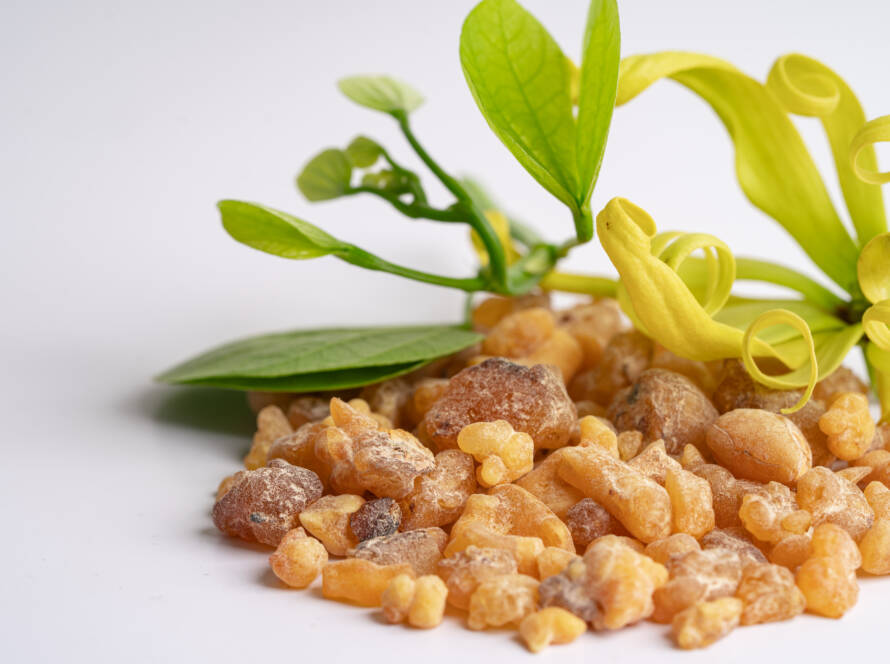Barberry
This fact sheet provides essential information about barberry, including its common names, uses, potential side effects, and resources for further information.
Common Names
- Barberry
- Mountain Grape
- Pepperidge
- Berberry
- Common Grape
Latin Name
- Berberis vulgaris
Uses
Barberry has a long history of use as a folk remedy for various health issues, including:
- Diarrhea
- Indigestion
- Liver and gallbladder conditions
- Urinary tract infections
How It Is Used
Medicinal preparations are derived from the root and berries of the barberry plant.
Scientific Insights
- Research indicates that the alkaloid berberine, found in barberry, may combat bacterial, viral, fungal, and parasitic infections.
- One study suggested that berberine may be effective against Escherichia coli and Pseudomonas aeruginosa. Some sources indicate that the berry portion of barberry may be more effective for treating urinary tract infections than the root.
Side Effects and Cautions
- Barberry may cause diarrhea, particularly in larger amounts.
- It may lower blood pressure.
- An overdose of barberry can lead to serious symptoms, including nosebleeds, vomiting, diarrhea, confusion, and kidney irritation.
Resources
This summary highlights the key aspects of barberry, including its traditional uses, potential benefits, and safety considerations.


